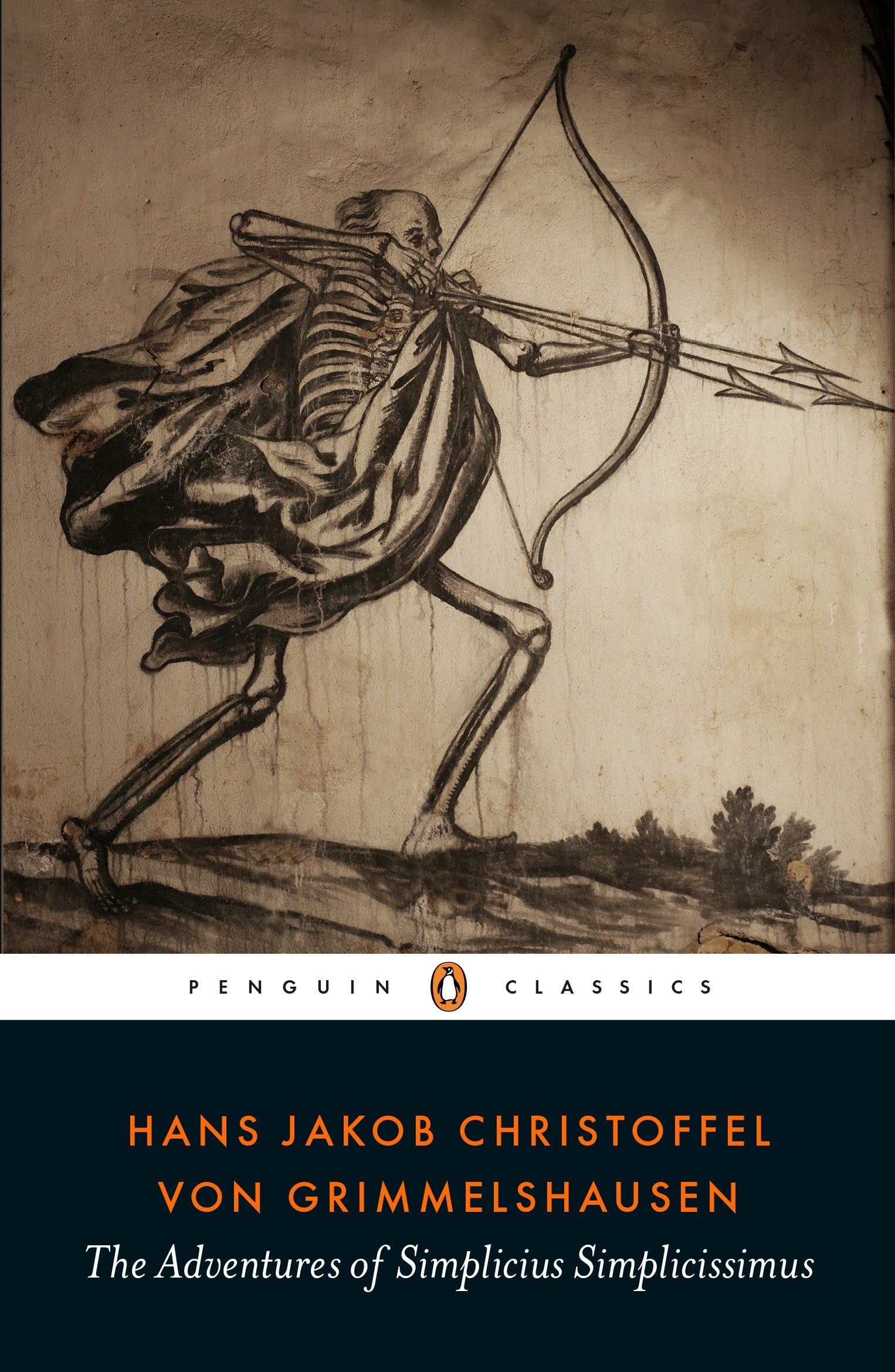معلومات عنا
دعم العملاء
احصل على التطبيق

قم بتوجيه الكاميرا لتنزيل التطبيق
حقوق الطبع والنشر © 2024 Desertcart Holdings Limited


Full description not available
T**Z
A MUST read for any boy who wants a fulfilling life as a good man
This is one of the best books I have ever read. It is easily my second favorite, beaten only by Storm of Steel. Part biography, part storytelling, part philosophical, it is a reflection on a life well lived and his journey to becoming a good man.The book is a deeply philosophical in a subtle way because it is a rollercoaster of success and failure, happiness and sadness, cruelty and kindness that captures the human condition in war and life so perfectly. You experience the naive innocence of the author as he is a child and grow with him as he is thrust into the harsh world of adults by the war and human ambition.You mature with him as he talks about his mistakes and successes and reflects on why his decisions turned out the way they did. You share in his sharp insights into the human condition and behavior. You laugh at his stories of silliness and behaviors that people still perform to this day, particularly since I can relate to much of the military related silliness because of my own experiences there.Reading it feels like a fireside chat with your grandfather who is coaching you on how to be successful in life. It is a MUST read for any boy or man who is coming of age and wants to live a fulfilling life as a good man.
D**N
An incredible German story
An incredible German story of brutality & war that we created as an audiobook. Redounds with insights and more. A must read snd listen for those interested in Germany and it’s history.
L**Y
A Pilgrim Coming of Age in a Catch 22 sort of Way in 17th Century Version of Total War
I first read this book in 1970 while attending the U.S. Naval Academy and never forgot it. It was not an assigned text. Nor have I forgotten Catch 22, Good Soldier Svejk, Journey to the End of Night, Slaughter House Five and other stories of that ilk about War, absurdities and growth into a "Good Man." All the concerns perhaps of a young man facing his generation's War. But, this is a rollicking story. A Pilgrim's first person story. Dark humor within the horror of Total War, a Religious War of hatred and hypocrisy. Funnier than Robert Duvall's performance in Apocalypse Now. Well worth the read 50 years later. Interesting translation. May have liked the stodgy older translation but that first book was ruined in hurricane decades ago. Seemed appropriate.
D**H
Fantastic!
This is an amazing story, benefiting greatly, I assume, from the present translation. It reads exactly like a 400 year older predecessor of George MacDonald Fraser's Flashman books. Except the star kind of floats through situations, he is not such a self-centered jerk as Flashman. It is consistently hilarious.Highly recommended to anyone who has enjoyed Flashman or also any of Bernard Cornwell's historical fiction.
W**R
Translation issues
I was really happy to see a new Penguin edition of this important novel. However, I was only able to get through the excellent introduction and a few pages of the text before running into some very distracting issues with this translation.To give one example, the novel begins with an ironic description of the narrator's place of birth, casting the extremely humble furnishings of his house as evidence of nobility. In the course of this mock encomium, he writes (and I'm quoting the present translation): "The interior (entrance, great hall, bedchambers) dad had allowed to become smoke-blackened throughout, for the simple reason that black lasts. Black is the most permanent colour there is. A picture painted black will take longer to perfect than the artist's greatest masterpiece."These sentences gave me pause. What do they mean? They make very little sense on their own, even given the ironic tone. A picture painted black will take longer to perfect (why? how? what?) than the artist's (what artist's) greatest masterpiece? Can the author have intended to write this?So I looked at the German. The offending clauses are these: "und weil ein solches Gemaelde zu seiner Vollendung mehr Zeit erfordert, als ein geschickter Maler fuer seine trefflichsten Kunstwerke aufwendet." Roughly, this means, "and because such a painting requires more time to complete than a skillful painter spends on his finest works of art." A previous translator of the Simplicissimus makes even more sense of this idea: "He had his rooms and chambers blackened all over inside with smoke, since that is the most permanent colour in the world and to paint them by that method takes longer than any artist would spend on even the best of his paintings."Am I picking at nits? You are free to think so. For me, these sorts of infelicities really hamper the reading experience.Still, this is a really good book, and I'm glad it's getting a wider profile in the English language.
ترست بايلوت
منذ شهرين
منذ يومين